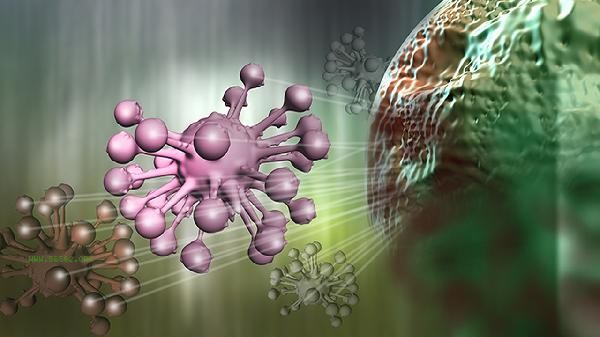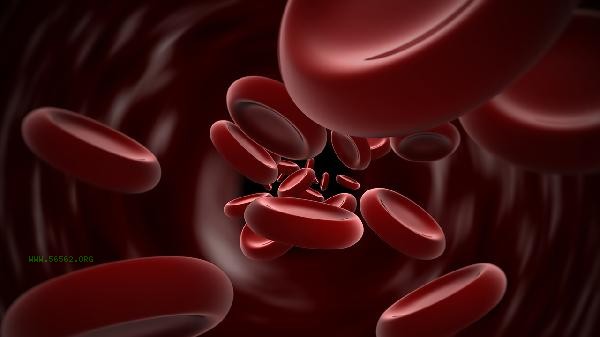Eosinophilia may be caused by allergic reactions, parasitic infections, autoimmune diseases, hematological disorders, drug reactions, and other factors.
1. Allergic reactions:

Allergic rhinitis, asthma, urticaria and other diseases can stimulate the body to produce an immune response, leading to an abnormal increase in eosinophils in the blood or tissues. This type of condition is usually accompanied by symptoms such as itching, sneezing, and runny nose. Allergen testing can identify the cause, and treatment mainly involves antihistamines such as loratadine and cetirizine. In severe cases, corticosteroids may be used.
2. Parasitic infection: After parasites such as roundworms, hookworms, and schistosomiasis invade the human body, eosinophils participate in the immune defense response. Patients may experience symptoms such as abdominal pain, diarrhea, and weight loss. Fecal examination or serological testing can confirm the diagnosis, and insecticides such as albendazole and praziquantel are commonly used for deworming treatment. 3. Autoimmune diseases: Eosinophilic granulomatous polyangitis, systemic lupus erythematosus, and other diseases can trigger abnormal immune activation. This type of disease is often accompanied by systemic symptoms such as joint pain, rash, and organ damage. It needs to be diagnosed through antibody testing and pathological biopsy, and treatment requires a combination of immunosuppressants and biologics. 4. Hematological disorders: Chronic eosinophilic leukemia, myelodysplastic syndrome, and other hematological disorders can directly lead to abnormal bone marrow hematopoietic function. Patients may experience anemia, bleeding tendency, and hepatosplenomegaly. Bone marrow aspiration and genetic testing are key diagnostic methods, and targeted drugs such as imatinib or hematopoietic stem cell transplantation may be applicable.
5. Drug reactions:
Antibiotics, antiepileptic drugs, and other drugs may induce hypersensitivity reactions, leading to eosinophilia. Usually, symptoms such as fever, rash, and lymph node enlargement appear after medication, which can be relieved after discontinuation. In severe cases, glucocorticoid intervention is needed.

It is necessary to avoid contact with known allergens in daily life, maintain dietary hygiene to prevent parasitic infections, and regularly monitor changes in blood routine. When warning symptoms such as persistent fever, weight loss, and organ dysfunction occur, timely bone marrow puncture, imaging, and other in-depth examinations should be performed. For patients with chronic diseases, it is necessary to follow the doctor's instructions for standardized medication and regularly evaluate organ function. If necessary, multidisciplinary consultations such as rheumatology and immunology, hematology, etc. should be conducted to develop personalized treatment plans.










Comments (0)
Leave a Comment
No comments yet
Be the first to share your thoughts!